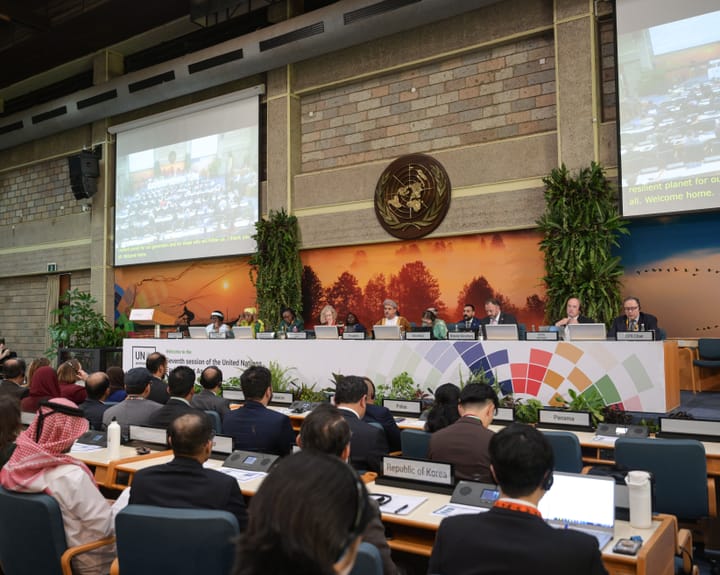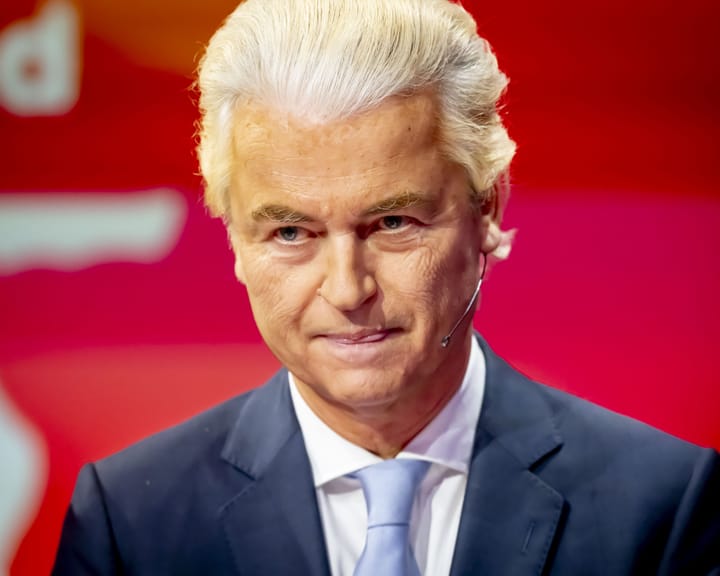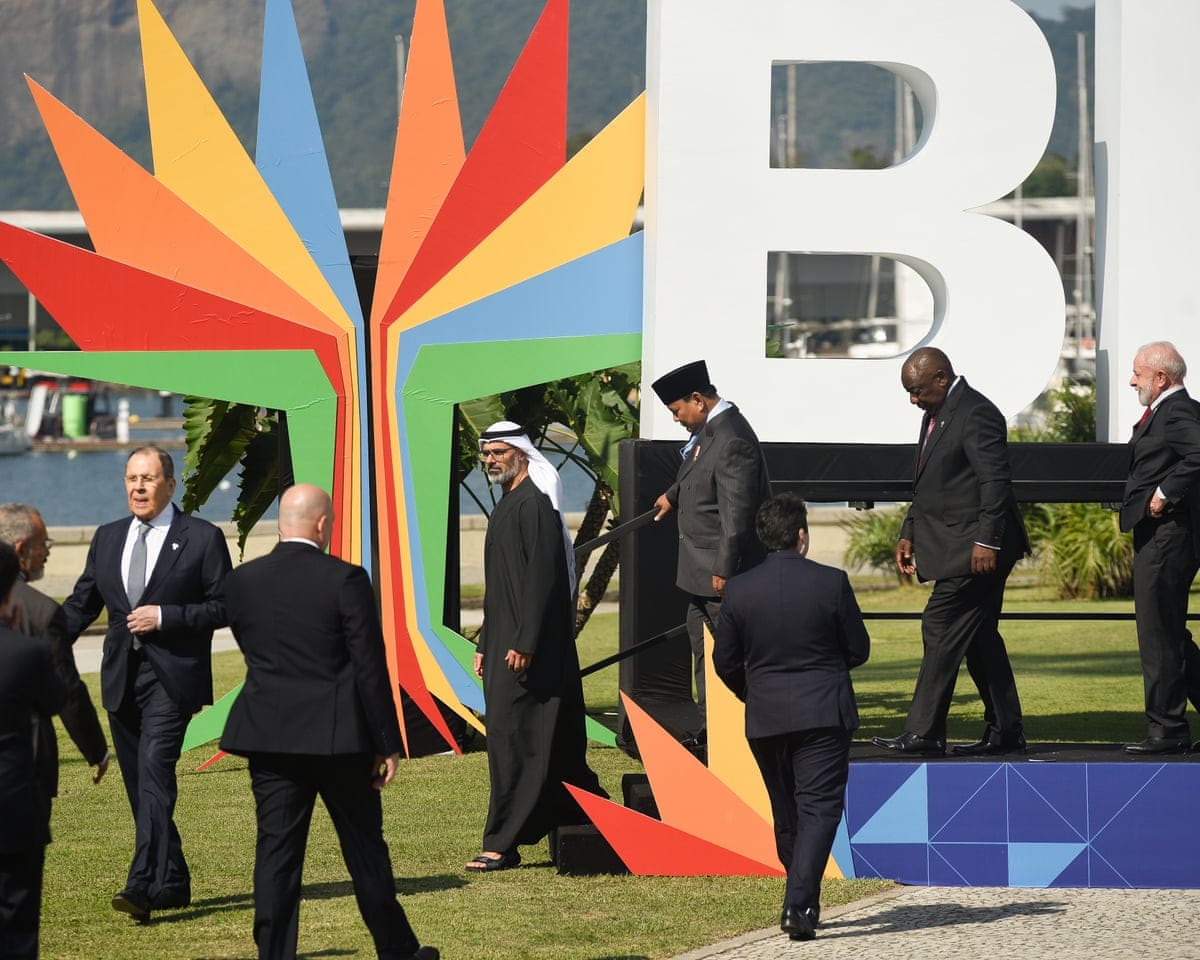The year 2025 should be a celebration of the United Nations' 80th anniversary. Instead, it may be remembered as the moment the post-1945 global order disintegrated.
Signs of strain have been evident for years. Military interventions in Iraq, Afghanistan, and Libya, alongside the war in Ukraine, have normalized the use of unlawful force by some permanent Security Council members. Inaction in the face of atrocities has betrayed fundamental human principles. Ongoing divisions have reignited violence in the Middle East, with the recent strike on Iran as the latest development.
The dominance of power politics also undermines global trade. Broad tariffs distort supply chains, driving inflation and economic stagnation. The World Trade Organization has grown ineffective, and the goals of the Doha round are now forgotten.
The 2008 financial crisis revealed the shortcomings of neoliberal policies, yet austerity measures persisted. Prioritizing large corporations and the wealthy over ordinary citizens has worsened inequality. A report from Oxfam highlights that the $33.9tn amassed by the top 1% in the past decade could have ended global poverty 22 times over.
Diminished state capabilities have fueled public distrust in governance, creating an opening for extremist movements that exploit divisions and undermine democracy.
Despite the 2030 deadline for sustainable development targets, many nations have reduced cooperative efforts. Resources remain inadequate, costs prohibitive, and bureaucratic hurdles limit access, often disregarding regional circumstances.
This is not merely about aid but rectifying centuries of exploitation and oppression in Latin America, the Caribbean, Africa, and Asia. In a world with a GDP exceeding $100tn, over 700 million people still endure hunger and lack basic necessities.
Wealthier nations, historically the largest carbon emitters, evade responsibility while the poorest face the worst climate impacts. Last year was the hottest on record, outpacing the Paris Agreement's goals. The mandatory terms of Kyoto shifted to voluntary pledges, and the $100bn yearly climate financing promised in 2009 never arrived. Meanwhile, rising military budgets make meaningful action even less likely.
Criticism of global institutions overlooks their tangible contributions.
Read next

Africa's Warning on Solar Geoengineering Risks Gains Editorial Backing
It is appropriate that this week’s United Nations environmental discussions are happening in Nairobi, as Africa plays a central role in shaping global climate dialogue. Diplomats from the continent are addressing the complex issue of whether attempting to cool Earth by reducing sunlight exposure is a prudent approach. While

Might Narcolepsy Medication Revolutionize the World?
Breakthroughs in Sleep Science Reveal Surprising Insights
During a conversation with a pharmaceutical researcher, I learned of significant progress in sleep medications. One promising development targets narcolepsy, though its method could also address broader sleep issues like insomnia, much like how certain unexpected innovations find wider applications — akin to adhesive

"Far right still dominant in Netherlands despite Wilders' government setback"
Dutch Voters Head to the Polls Amid Political Instability
On Wednesday, Dutch citizens will cast their votes once again, marking the ninth election for the Tweede Kamer—the legislative chamber of the Netherlands’ parliament—in this still young century. In some respects, the country has come to resemble Italy in

